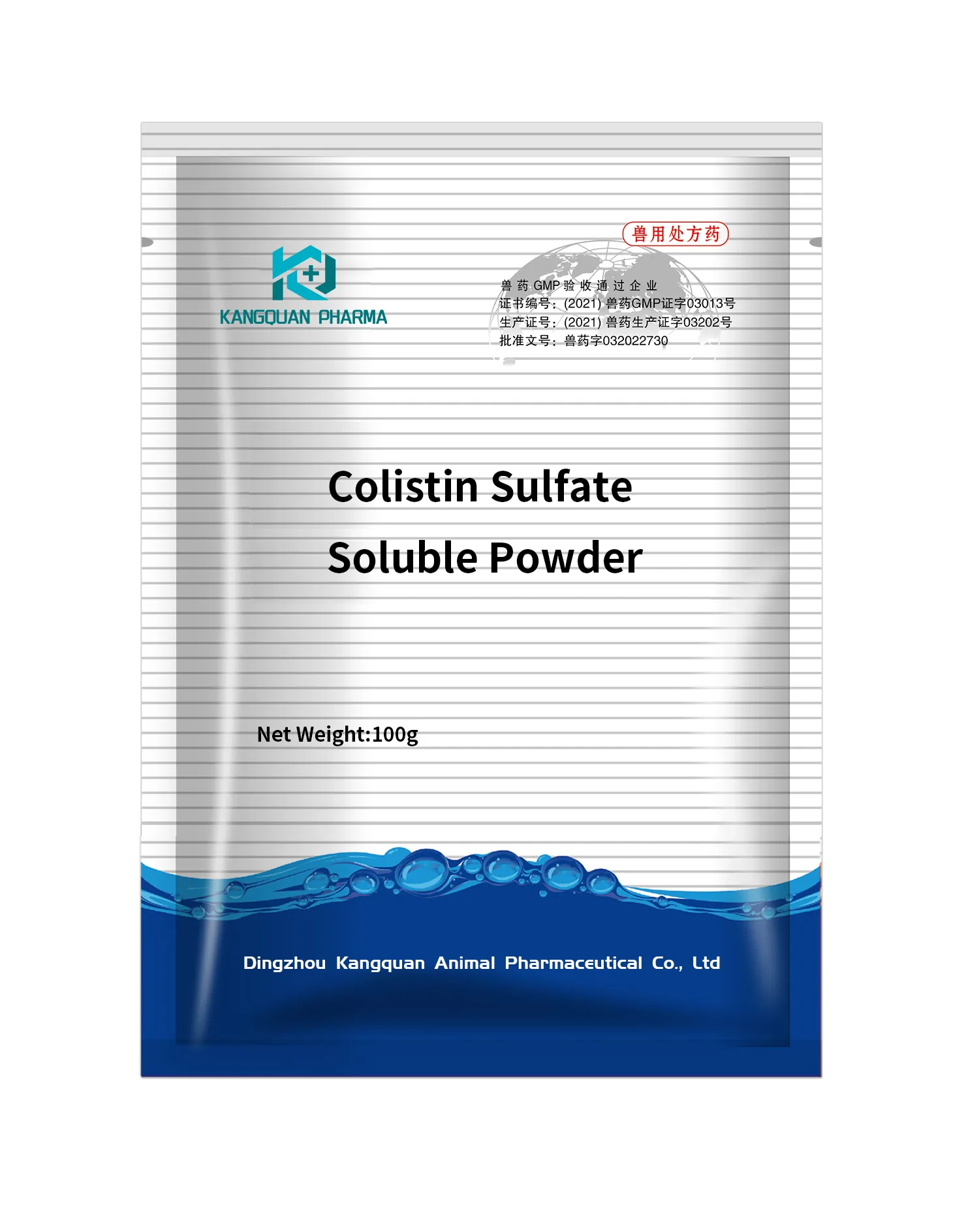- Afrikaans
- Albanian
- Amharic
- Arabic
- Armenian
- Azerbaijani
- Basque
- Belarusian
- Bengali
- Bosnian
- Bulgarian
- Catalan
- Cebuano
- Corsican
- Croatian
- Czech
- Danish
- Dutch
- English
- Esperanto
- Estonian
- Finnish
- French
- Frisian
- Galician
- Georgian
- German
- Greek
- Gujarati
- Haitian Creole
- hausa
- hawaiian
- Hebrew
- Hindi
- Miao
- Hungarian
- Icelandic
- igbo
- Indonesian
- irish
- Italian
- Japanese
- Javanese
- Kannada
- kazakh
- Khmer
- Rwandese
- Korean
- Kurdish
- Kyrgyz
- Lao
- Latin
- Latvian
- Lithuanian
- Luxembourgish
- Macedonian
- Malgashi
- Malay
- Malayalam
- Maltese
- Maori
- Marathi
- Mongolian
- Myanmar
- Nepali
- Norwegian
- Norwegian
- Occitan
- Pashto
- Persian
- Polish
- Portuguese
- Punjabi
- Romanian
- Russian
- Samoan
- Scottish Gaelic
- Serbian
- Sesotho
- Shona
- Sindhi
- Sinhala
- Slovak
- Slovenian
- Somali
- Spanish
- Sundanese
- Swahili
- Swedish
- Tagalog
- Tajik
- Tamil
- Tatar
- Telugu
- Thai
- Turkish
- Turkmen
- Ukrainian
- Urdu
- Uighur
- Uzbek
- Vietnamese
- Welsh
- Bantu
- Yiddish
- Yoruba
- Zulu
Desemba . 10, 2024 21:46 Back to list
Colistin Sulfate Soluble Powder for Veterinary Use and Antimicrobial Applications
Understanding Colistin Sulfate Soluble Powder A Comprehensive Overview
Colistin sulfate soluble powder is a veterinary antibiotic that has gained significant attention in recent years due to its important role in managing bacterial infections in livestock. With the rise of antibiotic resistance, the use of colistin has sparked both interest and controversy among researchers, veterinarians, and regulatory bodies. This article aims to elucidate the characteristics, uses, and implications of colistin sulfate soluble powder in veterinary medicine.
What is Colistin?
Colistin, also known as polymyxin E, is an antibiotic that belongs to the polymyxin class. It was first discovered in the 1940s and has been utilized primarily for its effectiveness against Gram-negative bacteria. The drug works by disrupting the integrity of the bacterial cell membrane, leading to cell death. Colistin is particularly potent against bacteria such as Escherichia coli and Salmonella, which are common pathogens in livestock.
Properties of Colistin Sulfate Soluble Powder
Colistin sulfate is typically available in soluble powder form, making it easily administrable in water or feed. This formulation is particularly beneficial for large-scale animal production, allowing for straightforward dosage and treatment regimens. The soluble powder can be mixed with feed to ensure that animals receive the correct amount of medication, which is essential for effective treatment.
One of the notable properties of colistin sulfate is its stability. It remains effective even in the presence of various environmental factors that may degrade other antibiotics. This stability, combined with its potently broad-spectrum activity, makes it a valuable tool in treating infections caused by resistant bacterial strains, especially in intensive farming environments.
Applications in Veterinary Medicine
In veterinary medicine, colistin sulfate soluble powder is primarily used for treating infections in livestock, including poultry and swine. The antibiotic is effective in controlling outbreaks of diseases caused by susceptible bacteria, such as colibacillosis in pigs and enteric infections in poultry. In the face of rising antibiotic resistance, colistin has emerged as a critical last-resort option for treating multi-resistant bacterial infections.
colistin sulfate soluble powder

It is important to note that colistin is used under strict veterinary guidance to minimize the potential for developing resistance among bacteria. Dosage and treatment duration are carefully monitored to ensure optimal efficacy while reducing the risk of resistance development.
Regulatory Considerations and Concerns
Despite its effectiveness, the use of colistin in agriculture has raised significant concerns from public health advocates. The antibiotic is known to carry a risk of residual presence in meat products, which could contribute to the spread of antibiotic-resistant bacteria through the food chain. As such, many countries have implemented regulations to limit the use of colistin in food-producing animals.
The World Health Organization (WHO) has categorized colistin as an essential antibiotic for human health, urging for careful monitoring and restriction of its veterinary use. The challenge lies in balancing the need for effective infection control in livestock with the imperative of preserving the efficacy of colistin for human medicine.
Future Perspectives
The future use of colistin sulfate soluble powder in veterinary medicine may increasingly involve the integration of alternative strategies to mitigate resistance risks. Research is ongoing into the development of novel antibiotics and adjuvant therapies that can enhance the effectiveness of existing antibiotics like colistin. Additionally, improvements in management practices and biosecurity measures in livestock production can help reduce the incidence of infections, thereby decreasing the reliance on antibiotics.
Moreover, understanding the complex ecosystems of microbiota in livestock and their implications for health and disease offers exciting prospects for developing more sustainable veterinary practices. The emphasis on responsible use and stewardship of antibiotics will be crucial in ensuring that colistin can remain a viable treatment option.
Conclusion
Colistin sulfate soluble powder serves as a vital component of veterinary medicine in addressing bacterial infections in livestock. While it offers effective treatment options, the associated risks of developing antibiotic resistance necessitate responsible use and regulatory oversight. As the agricultural and medical communities work together to navigate the challenges posed by antibiotic resistance, the future of colistin and similar antibiotics will depend on innovative approaches and sustainable practices.
-
Guide to Oxytetracycline Injection
NewsMar.27,2025
-
Guide to Colistin Sulphate
NewsMar.27,2025
-
Gentamicin Sulfate: Uses, Price, And Key Information
NewsMar.27,2025
-
Enrofloxacin Injection: Uses, Price, And Supplier Information
NewsMar.27,2025
-
Dexamethasone Sodium Phosphate Injection: Uses, Price, And Key Information
NewsMar.27,2025
-
Albendazole Tablet: Uses, Dosage, Cost, And Key Information
NewsMar.27,2025













